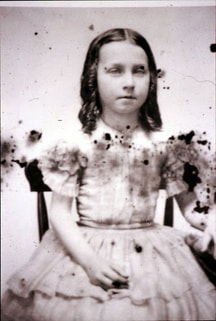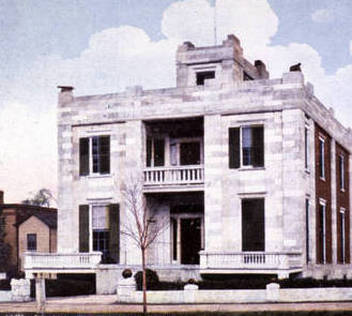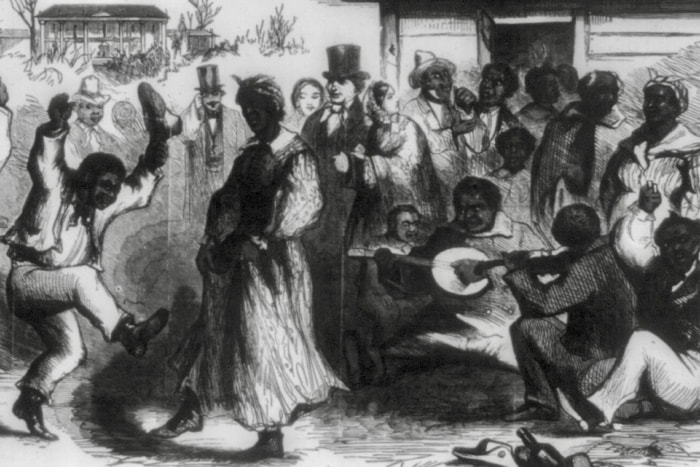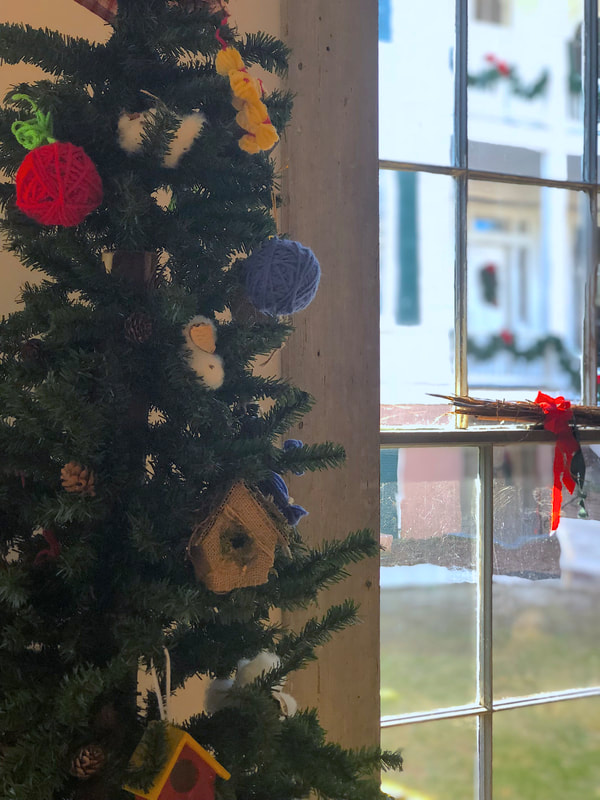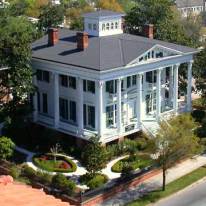In Southern cities, contracts for work began on or around January 1st for enslaved individuals. Christmas was a time when they could be with their loved ones before being hired out for months or even the entire year to another family or business. Sometimes the enslaved worker was contracted to someone in another city or even another state. Slave-owners gave these incentives in order to quell any thoughts of slave rebellions or escape during the holidays. Enslaved worker Henry Bibb recalled making plans to run away at the end of the year, but before he could act on his plans, Bibb’s master gave him the option to get married. Bibb remained and the marriage festivities consumed his time, as he says “Our Christmas holidays were spent in matrimonial visiting among our friends, while it should have been spent in running away to Canada” (Bigham).
However, there were former slaves who reported that their owners never gave them time off for Christmas or New Year’s. As Charity McAllister says in Slave Narratives, “Dey did not give us any holidays Christmas in Harnett County. Dat was ‘gisnt de rules.” While some reports say that most slaves were given anywhere from a day up to a week of time off during the holidays, this was not a guarantee, especially in the case of slaves on plantations or slave-owners punishing slaves for misbehavior earlier in the year. The entirety of the holiday experience was based upon the master and what they deemed appropriate. For some slave-owners, the enslaved worker’s celebrations during Christmas were seen as entertaining, such as their dancing, and often slave-owners had the workers sing or play the fiddle for them on Christmas day.
Special thanks to former Bellamy Mansion intern Alyson Mayernik for her research on this topic, which was used in the writing of this article.
Works Cited:
-Bigham, Shauna, and Robert E. May. "The Time o' all Times? Masters, Slaves, and Christmas in the Old South." Journal of the Early Republic 18, no. 2 (Summer, 1998): 263-288. https://search- proquest-com.liblink.uncw.edu/docview/220950705?accountid=14606.
-Blassingame, John W. The Slave Community: Plantation Life in the Antebellum South. Oxford: Oxford University Press, 1940.
-“Born in Slavery: Slave Narratives from the Federal Writers' Project, 1936 to 1938.” Library of Congress, online collection. Accessed 12 Nov. 2018. Web.
-Wiggins, D. “Good Times on the Old Plantation: Popular Recreations of the Black Slave in Antebellum South, 1810-1860.” Journal of Sports History 4. Fall 1997. 260-284.
